How community and connection lead to healing
Proclamation
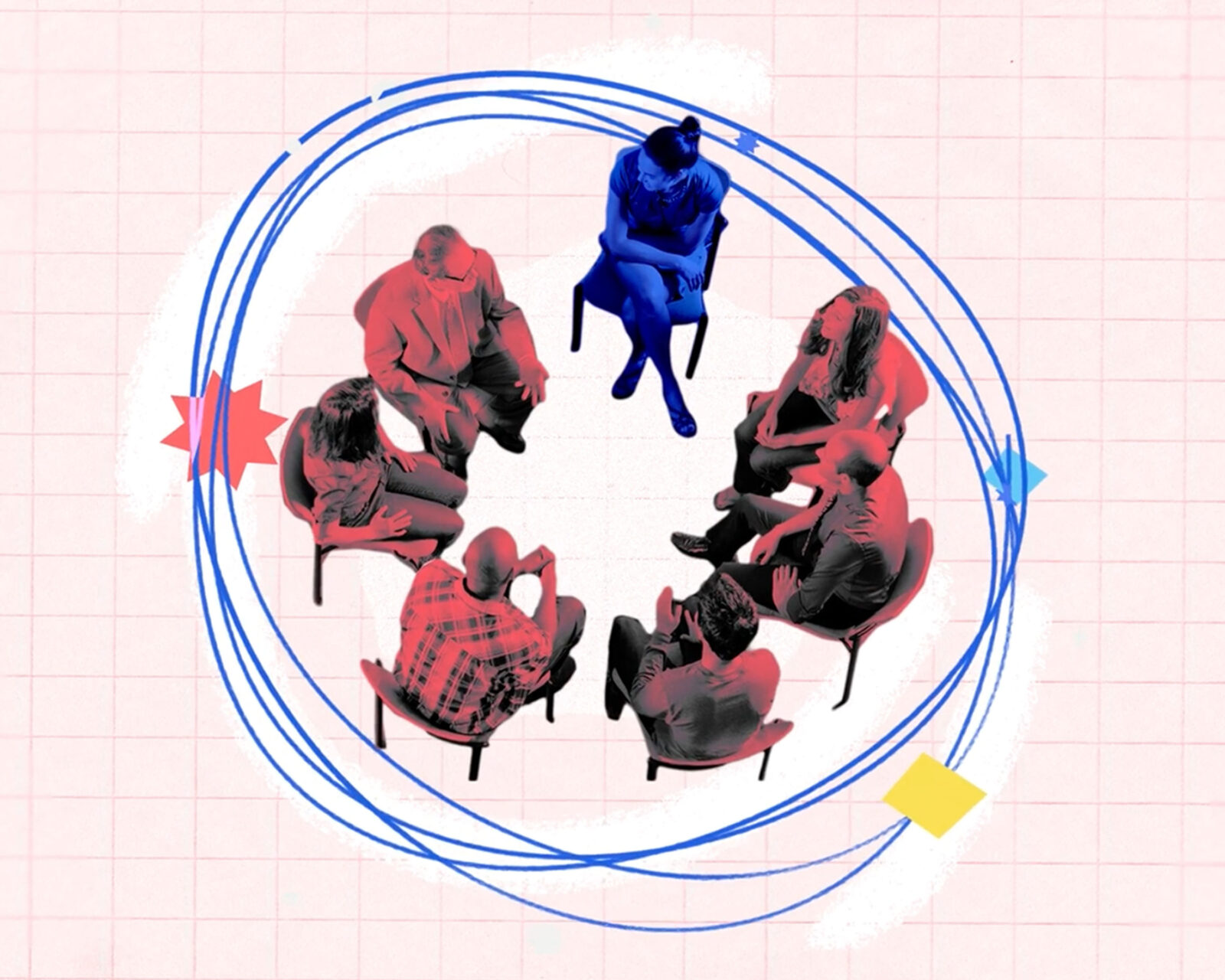
Fascinating research about addiction and the role community plays in recovery has revealed that recovery from addiction is about more than physical healing.
WatchGod does offer us strength and grace to endure suffering and unite it to His passion, so we can experience the Resurrection with Him. God offers us healing through the sacraments.
Proclamation

Fascinating research about addiction and the role community plays in recovery has revealed that recovery from addiction is about more than physical healing.
WatchExplanation
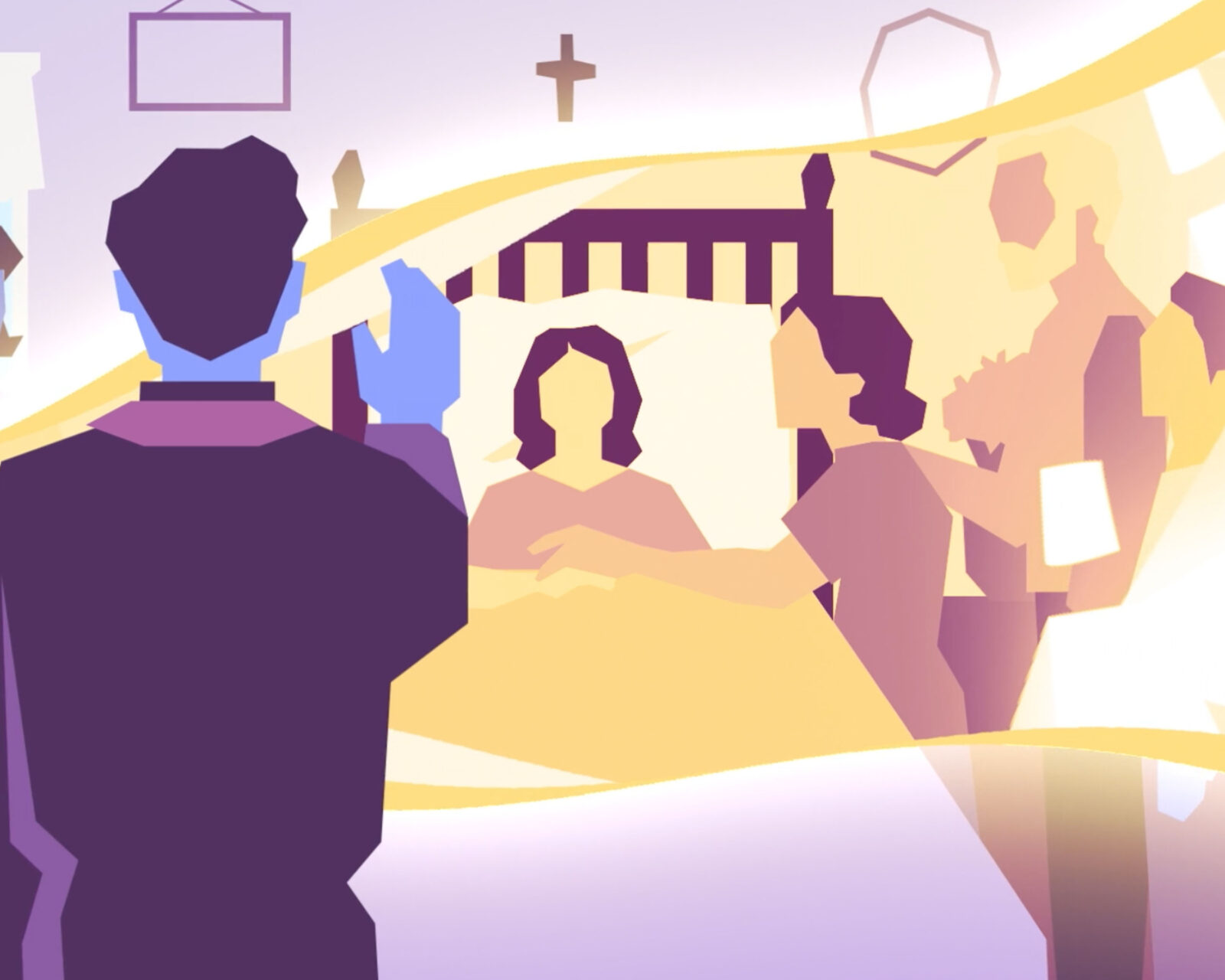
Jesus wants to be with us in our suffering so he gave the Church the sacrament of the Anointing of the Sick.
WatchConnection
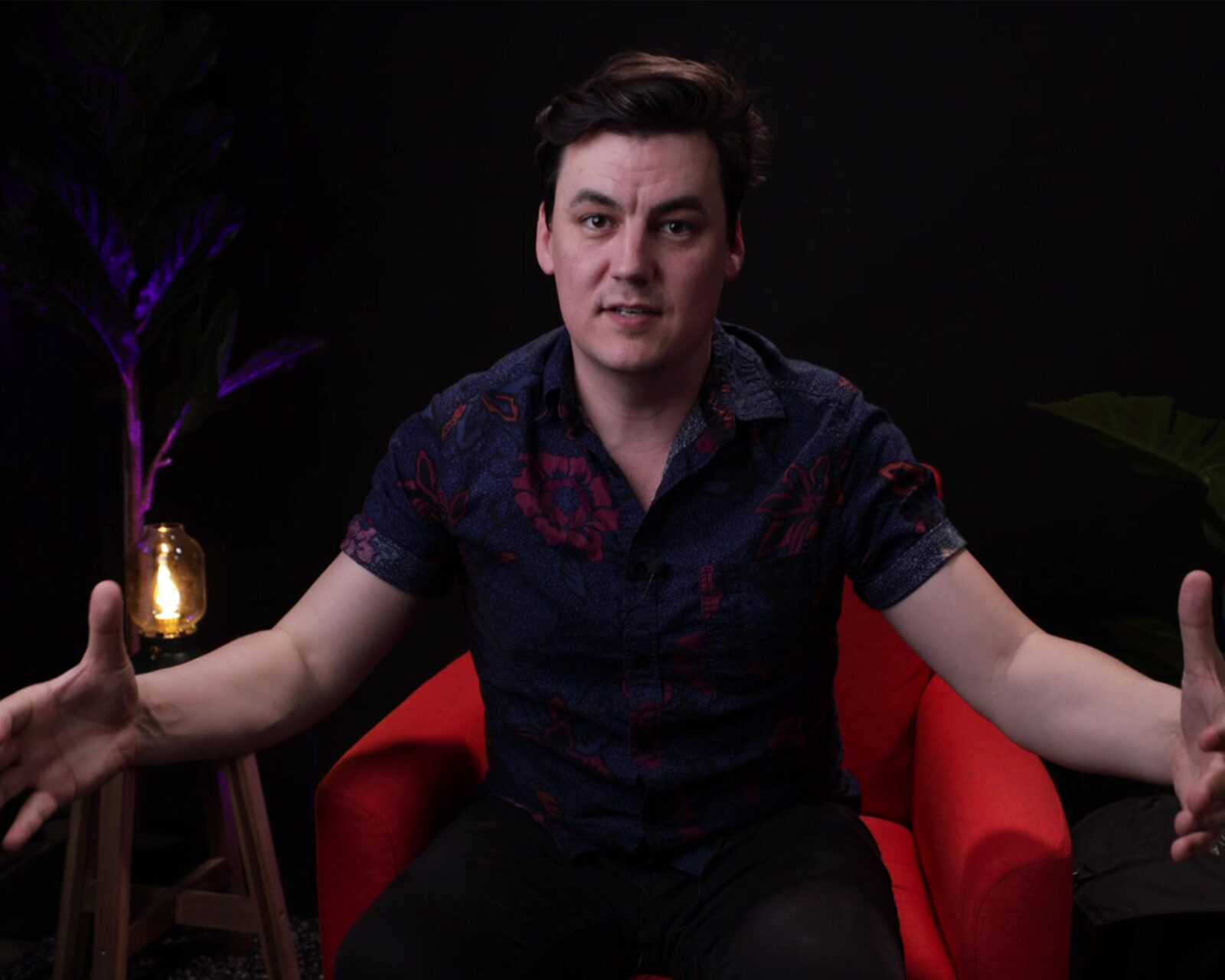
The Church generously gives us the Anointing of the Sick, to receive before a surgery, extended hospital stay, or in times of serious illness.
WatchEdmund: Okay, so I have to tell you this story. For years, I had this big wart on my thumb, and then one day that all changed. Yeah, I really mean it. I would hide it in pictures. I mean, all throughout high school, most of college, it was like this big, white growth on the side of my thumb. And I was really self-conscious about it. I would try the tinctures and the freezing it off and the wrapping it in duct tape for days, and nothing ever seemed to work. It had like become a big part of my everyday life. And one day I was getting prepared to give this parish mission, and I was a bit self-conscious and nervous about it, and I kept thinking about this wart on my thumb. So dumb. And before I tell you what happened, you might have asked this question before. I mean, not why do you have warts? I hope you don’t have warts, but like, hear me out. You know, if there’s a good God, why do warts exist? Why do diseases exist? Why does suffering exist? Why does a good God allow these things to exist in our lives? St. Thomas Aquinas actually believed this is one of the strongest arguments against the existence of God. I mean, he acknowledged this is a really hard question that we all have to wrestle with. So I mean, the truth is this, that yes, sometimes God heals us, and Jesus was a healer and a miracle worker. I mean, Jesus was trying to get us to understand that spiritual healing is far more important than our physical healing. God doesn’t will us to be sick. He doesn’t want us to die or experience suffering. God permits this to happen as a consequence of original sin, but he doesn’t just leave everything there. He has a plan. God has a plan of loving goodness to reconcile us to him. So no, God doesn’t always heal us or save us from suffering or pain or even death. But God comes and sits with us in that suffering and offers us grace to endure it, to unite our suffering with the passion of Jesus, and to do so in a way that we then experience the resurrection of Jesus. Okay? So check this out. The Catechism says in paragraph 1506, “Christ invites his disciples to follow him by taking up their cross in their turn. By following him they acquire a new outlook on illness and the sick. Jesus associates them with his own life of poverty and service. He makes them share in his ministry of compassion and healing. “So they went out and preached that men should repent and they cast out many demons and anointed with oil, many that were sick and healed them.” Jesus is teaching the disciples that he, that he does want to deal with our sickness, but he reorients their perspective on illness and suffering. Okay, so back to my weird thumb. So this is what happened. I finally had had enough with the whole war thing and getting distracted. I marched in the other room, I put Holy Water on my thumb, and I wrapped it up like this with my hand. And I talked to Jesus and I said, “Jesus, I believe that you could heal me of this wart. I believe that you have the power to do that. And if you did that, I’d be pretty thankful. I’d be pretty happy about that. But I also know that you don’t give us things without giving us the grace to endure those things. And you have a reason and a plan for everything that you do. So, Lord, if you don’t heal me of this wart, I’m just going to accept it from now on moving forward. And I’m just gonna offer this up to you that this is something that I’m supposed to just, uh, deal with, uh, and treat as a thing to bring me closer to you.” Now, the Catechism actually says something about miraculous healings. In paragraph 1508, it says, “The Holy Spirit gives to some a special charism of healing so as to make manifest the power of the grace of the risen Lord. But even the most intense prayers do not always obtain the healing of all illnesses.” So what happened with my thumb is that, uh, it, it vanished. Not my thumb, but the wart went away. And yeah, I mean, I was happy that that happened, but I still remember the wart to this day. Sure, the wart went away. But what I was really struck by and what has stuck with me for the rest of my life is the way that Jesus shifted my perspective on illness and suffering. It was when I was finally willing to accept it completely and to rely on him that something changed. And I think that change in me was the bigger healing and miracle here. Jesus takes on our suffering as his own, and he wants to heal us. He never wills illness or suffering or death. He allows it to happen as a consequence of original sin, but he offers us a plan of loving goodness. The Catechism in paragraph 1505 says, “Moved by so much suffering, Christ not only allows himself to be touched by the sick, but he makes their miseries his own. “He took our infirmities and bore our diseases.” But he did not heal all the sick. His healings were signs of the coming of the kingdom of God. They announced a more radical healing: the victory over sin and death through his Passover. On the cross Christ took upon himself the whole weight of evil and took away the “sin of the world” of which illness is only a consequence. By his passion and death on the cross, Christ has given a new meaning to suffering: it can henceforth configure us to him and unite us with his redemptive Passion. God offers us this beautiful perspective shift. He offers us grace in times of illness and suffering through the sacraments of the Church.
U.30 — CCC 1716-1729

The catechism says the beatitudes are the heart of Jesus’ preaching that they reveal the goal of human existence.
WatchU.29 — CCC 2052-2082
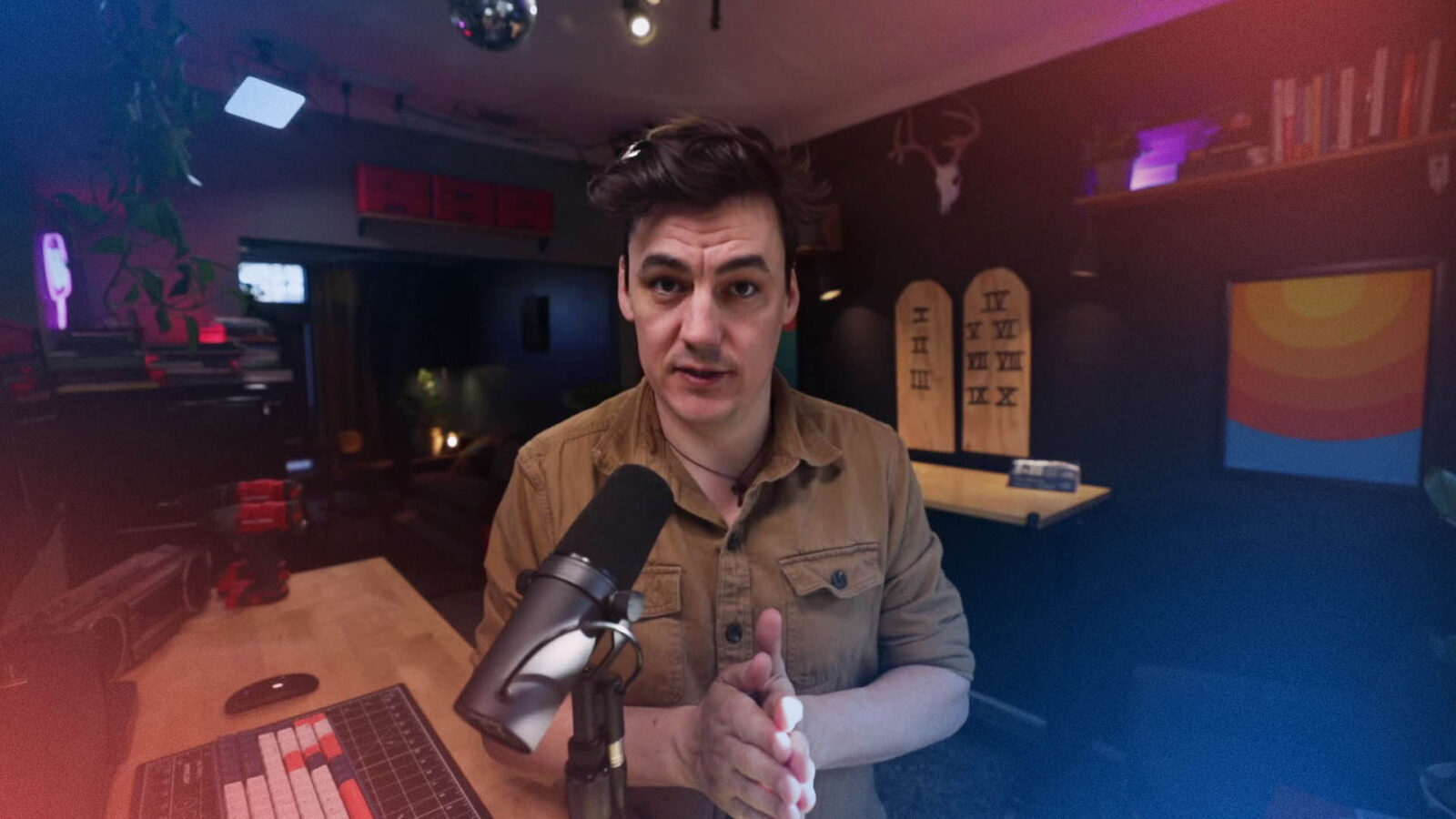
While the Ten Commandments state grave obligations, they also imply other ways we should live out God’s law in less grave matters.
WatchU.28 — CCC 1949-2051

We are called to do our best, and rely on God for the rest. Jesus gives us the Holy Spirit, and the sacraments to give us strength.
WatchU.27 — CCC 1803-1948
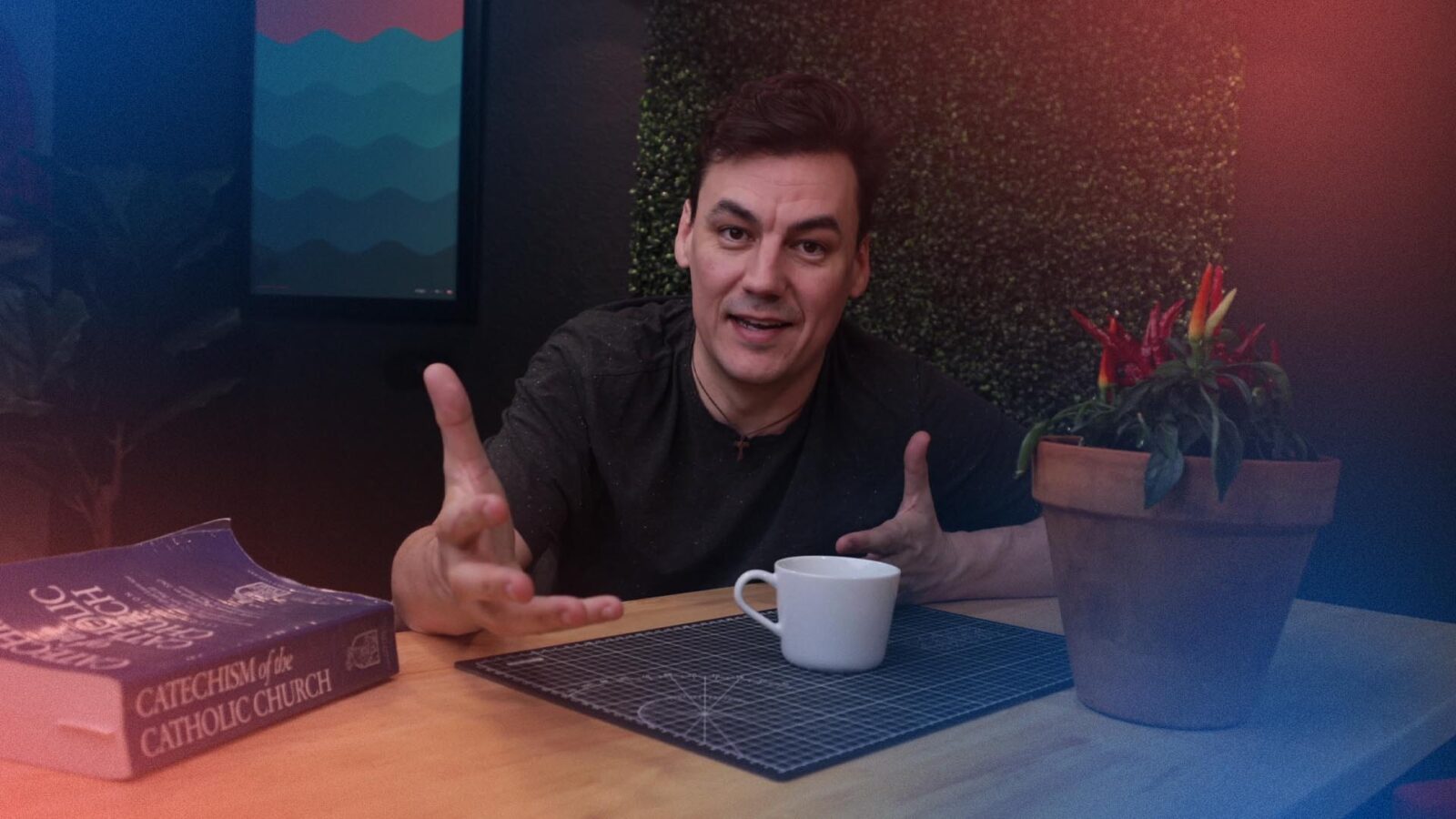
“Trying harder next time” won’t keep you from sinning. You need to cooperate with grace!
WatchBy submitting this form you consent to receive emails about Real+True and other projects of OSV.